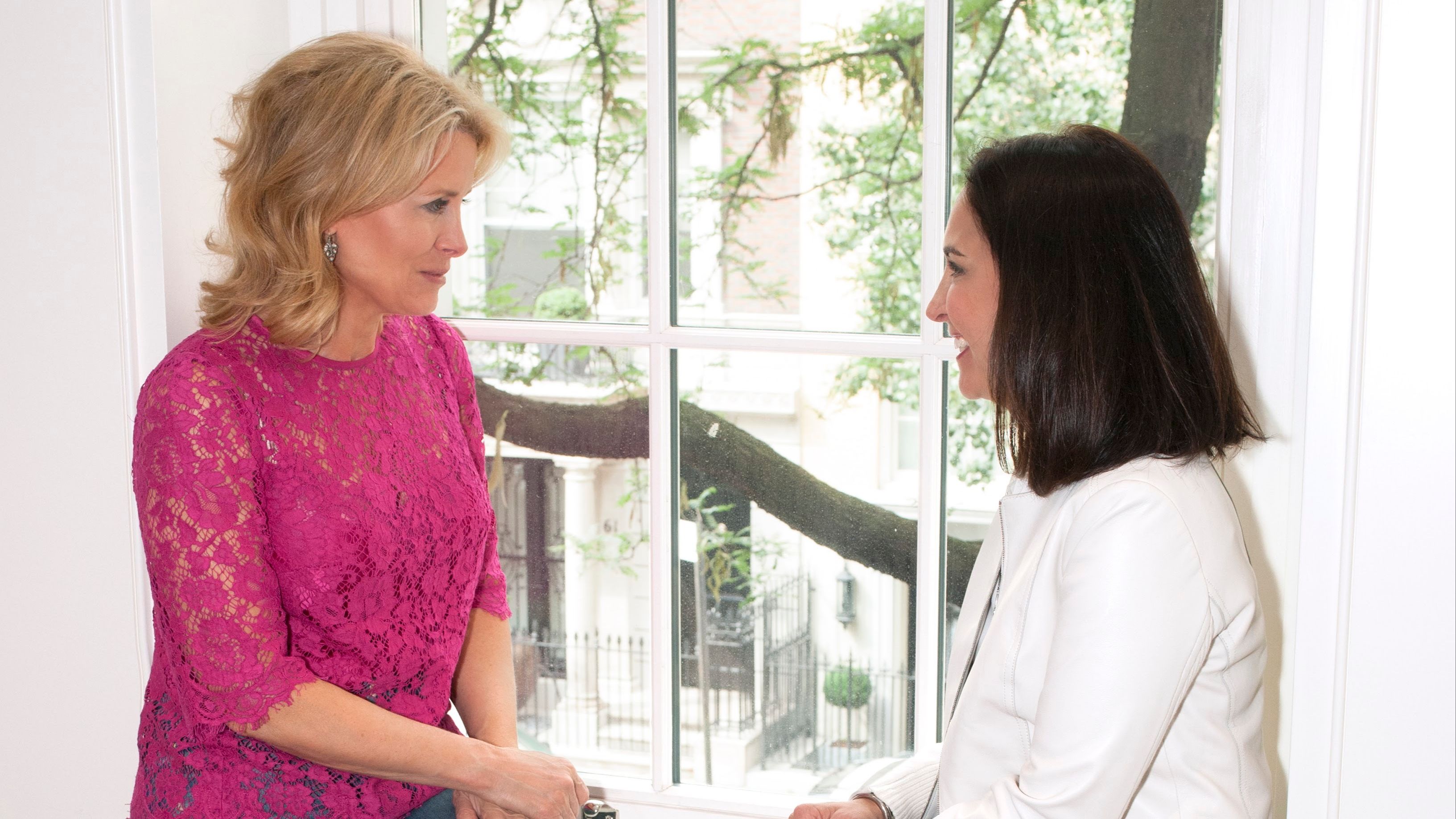
How Mailchimp “Forrest Gumped” it’s way into being the biggest bootstrapped startup sale (at $12B)
May 27, 2024Ever wondered how a business can stumble its way into a $12 Billion dollar sale after being 100% bootstrapped? That's the story of MailChimp and its co-founder, Ben Chestnut.
"Business isn't always a straight line. Sometimes, you just Forrest Gump your way into success." - Ben Chestnut
Ben and his co-founder, Dan Kurzius, didn't start with plans to build an email service provider. They were running a design agency in the early 2000s, building websites for clients. Then they noticed a pattern: everyone was asking for help with their email newsletters.
But the existing tools were cumbersome, hard to use, and just plain basic. Ben and his co-founder wanted to make it easier for themselves to do the work for their clients, so they repurposed code from a previous business, an e-greetings website, and created their own email newsletter tool.
When they offered it to clients, they loved it. They started sending checks, small amounts like $25 or $50. It got to the point where Ben was running out of deposit slips because he was going to the bank with a huge stack of checks. To make his life easier, they added a credit card interface. And that was the birth of their Software as a Service (SaaS) product.
Techniques for Stumbling into Success:
- Keep your eyes open: Ben and his partner noticed a recurring problem that they, and eventually, their clients were facing and decided to solve it.
- Use what you have: They didn't start from scratch. They repurposed code from a previous project.
- Make your life easier: The credit card interface was added to reduce Ben's trips to the bank. It ended up being a significant step towards their SaaS model.
- Have another source of income: Ben and his partner didn’t shelve their design business until they realized that their revenue stream from Mailchimp was outpacing their agency revenue.
- Delegate wisely: Ben was a talented designer who excelled at delegating tasks to those more skilled in other areas.
- Focus on your niche: Mailchimp stayed focused on small businesses, creating a FREEMIUM model to grow with their clients.
MailChimp is a stellar example of a company taking advantage of accidental successes. They didn't plan to create an email marketing platform, but when they saw the need, they filled it. They didn't initially aim to build a SaaS product, but that's what they ended up with.
I believe that accidental success is a testament to the power of observation, innovation, and adaptation. It's about making the most of the opportunities that come your way, even if they weren't part of your original plan.
Have you ever stumbled into success or seen an opportunity in an unexpected place?




